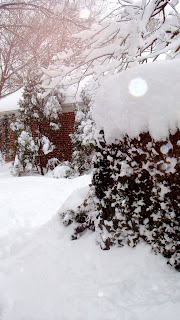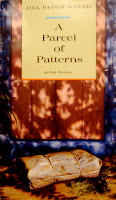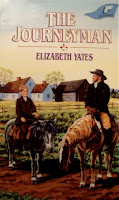According to my NIV study guide, the story behind Psalm 3 can be found in 2 Samuel 15. King David's son, Absalom, is trying to take the throne from his own father. Israel is on the side of Absalom, and David is forced to go into hiding as his own people, and his own son, seek to destroy him. Allegedly, Psalm 3 was written by David under these circumstances. Here it is.
1O LORD, how my adversaries have increased!
Many are rising up against me.
2Many are saying of my soul,
"There is no deliverance for him in God."
3But You, O LORD, are a shield about me,
My glory, and the One who lifts my head.
4I was crying to the LORD with my voice,
And He answered me from His holy mountain.
5I lay down and slept;
I awoke, for the LORD sustains me.
6I will not be afraid of ten thousands of people
Who have set themselves against me round about.
7Arise, O LORD; save me, O my God!
For You have smitten all my enemies on the cheek;
You have shattered the teeth of the wicked.
8Salvation belongs to the LORD;
Your blessing be upon Your people!
Many are rising up against me.
2Many are saying of my soul,
"There is no deliverance for him in God."
3But You, O LORD, are a shield about me,
My glory, and the One who lifts my head.
4I was crying to the LORD with my voice,
And He answered me from His holy mountain.
5I lay down and slept;
I awoke, for the LORD sustains me.
6I will not be afraid of ten thousands of people
Who have set themselves against me round about.
7Arise, O LORD; save me, O my God!
For You have smitten all my enemies on the cheek;
You have shattered the teeth of the wicked.
8Salvation belongs to the LORD;
Your blessing be upon Your people!
I am especially struck by David's attitude towards his rebellious people. In verse 8, he asks God's blessing on them - the very people who are ready to kill him if they find him. But what impresses me most is David's admittance that "salvation belongs to the Lord." We can't extricate ourselves from trouble, because salvation is not within our grasp.
















